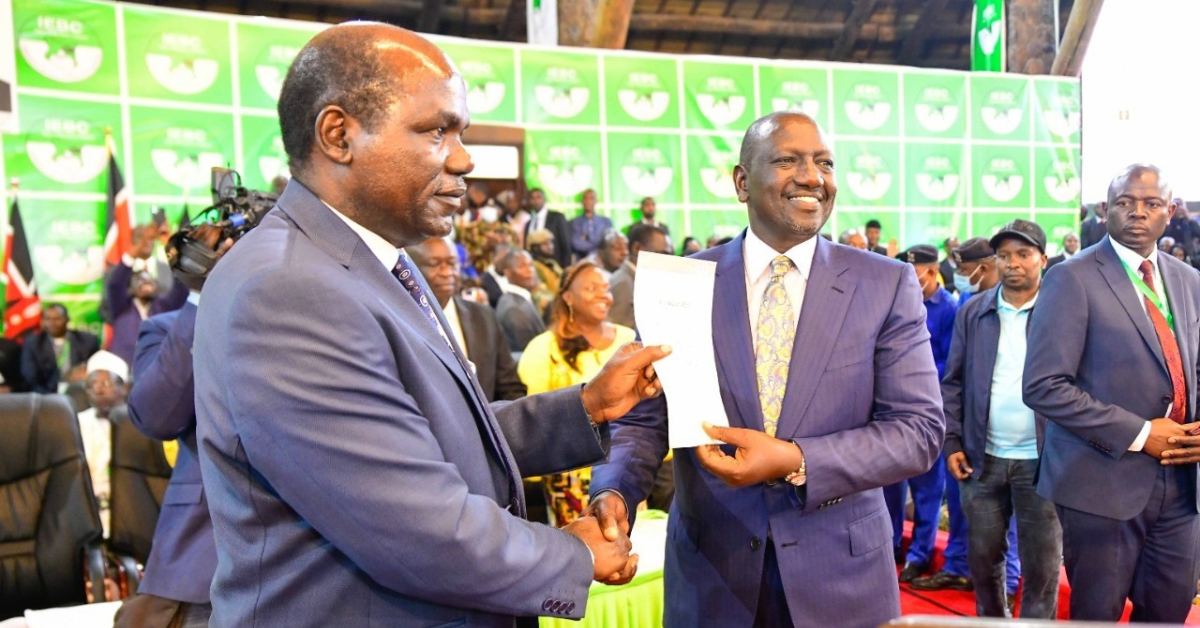Once in a while, we are reminded that democracy seems only fit for the most crazy. Consider the brief (but bound to recur) tussle between Governor Evans Kidero and Senator Mike Mbuvi “Sonko” over the matter of the scrap metal dealers in Nairobi.
“With immediate effect, we will not be issuing licenses to those people who are suspected to be involved in the illegal trade of scrap metal and we are going to withdraw the annual licenses of those who have them,” the Governor thundered.
“The Governor has no right, power or authority to cancel licenses for the scrap metal traders,” Senator Mike ‘Sonko’, screamed back in his inimitable melodramatic way, vowing to “teach the Governor a lesson.”
Boardroom-smart meets street-smart.
Boardroom-smart beats a hasty retreat, his wounded ego in need of licking. The scrap metal dealers – and vandals – celebrate. Street-smart struts like a peacock and immediately opens another front concerning rumours of the Governor’s intention to increase rents that have remained the same for decades. He asks: “How can he raise rent by 100% in such areas? I want to assure the people of Nairobi that this will not work no matter how hard he pushes the agenda.”
The Governor says it is for the greater good of all Nairobians. The Senator claims to protect more than 20,000 jobs.
Meanwhile, Kenyans are left to deal with increasingly insecurity and the cost of replacing street lamp posts and road guardrails.
Such are the bitter/sweet fruits of democracy – this democracy which claims to give birth to a government of the people, by the people, for the people. On closer scrutiny, however, you will find that our kind of democracy (and to be fair, any democracy) is heavily infested with vested interests. And it is often narrow interests cleverly packaged as public goods. The Senator’s primary interest is to retain his populism for purposes of winning future elections. The Governor probably has his own vested interests. The same goes for the scrap metal dealers. Good for them. The problem is they all pretend to operate under an umbrella called democracy.
In fact the running theme in democracy is pretense; pretense that the majority of the people will have their way and the minority, their say; pretense that elected representatives always act in the best interest of the electorate. The truth is that the minority almost always have their say and their way!
And yet the pretense must be maintained. Why? Because, we are told, on either side of democracy stand two evils: anarchy and dictatorship. Complete freedom, we are warned, produces chaos; and complete control, tyranny. In other words, complete freedom is tyranny of all by all, and complete control is tyranny of all by one or a few. It is therefore a false dichotomy. Tyranny is tyranny. This is what the English humorist and satirist, Alan Corenk, meant when he said “Democracy consists of choosing your dictators…”
The point is this: instead of worshiping at the altar of false democracy, why not drop the pretense and accept that our democracy is redolent with dictatorship. And having accepted this truth, allow a few to dictate what they think is good for us! Drop the pretense of ‘consultation and consensus through talking.’ Clement Atlee, a former prime minister of the United Kingdom was right when he said “Democracy means government by discussion, but it is only effective if you can stop people talking.” Sometimes you have to stop people talking and simply take action. The Chinese are doing it with spectacular results and earning grudging respect from the most ardent China doomsayers, many of who are now reduced to ‘praying’ for a demography-triggered implosion of that country in the next decades.
Why can’t we also (at least occasionally when most needed) rule by diktat like the Chinese? We already have impunity galore. So, yes, let us have impunity when impunity really matters! Need a Southern By-pass Road that slices a thin portion of the Nairobi National Park? Done. Need efficient ports and sufficient airports? No problem.
Let us give democracy its prober meaning. Here is my (poetic) rendering:
Democracy, some say, is like a beauty salon:
when we go in, our outsides are done, but the insides are left undone.
Others say it is like a place of worship:
you enter for mercy and spiritual retouch, but discover that, like all deals, there is a catch.
Some disagree; they say it is like any public pub:
you go in, ignorant of peril, to have your fill, but fail to see that too much ale will kill.
I agree with all, for each has its truth.
Democracy does come clothed in hypocrisy, and too often seems only fit for the most crazy.
Did you get the joke?

